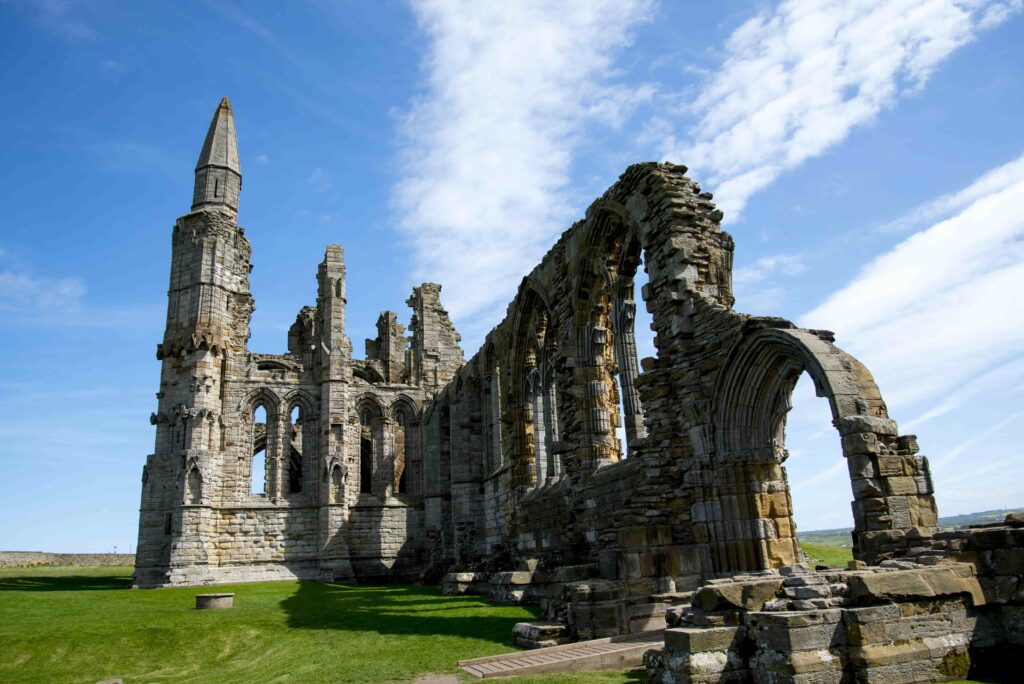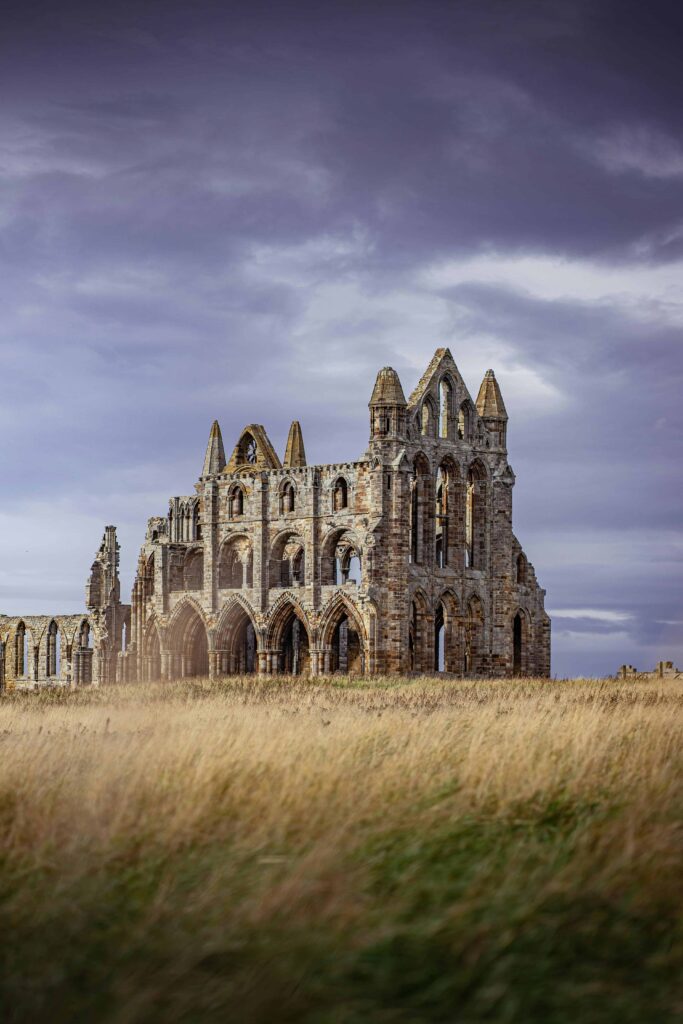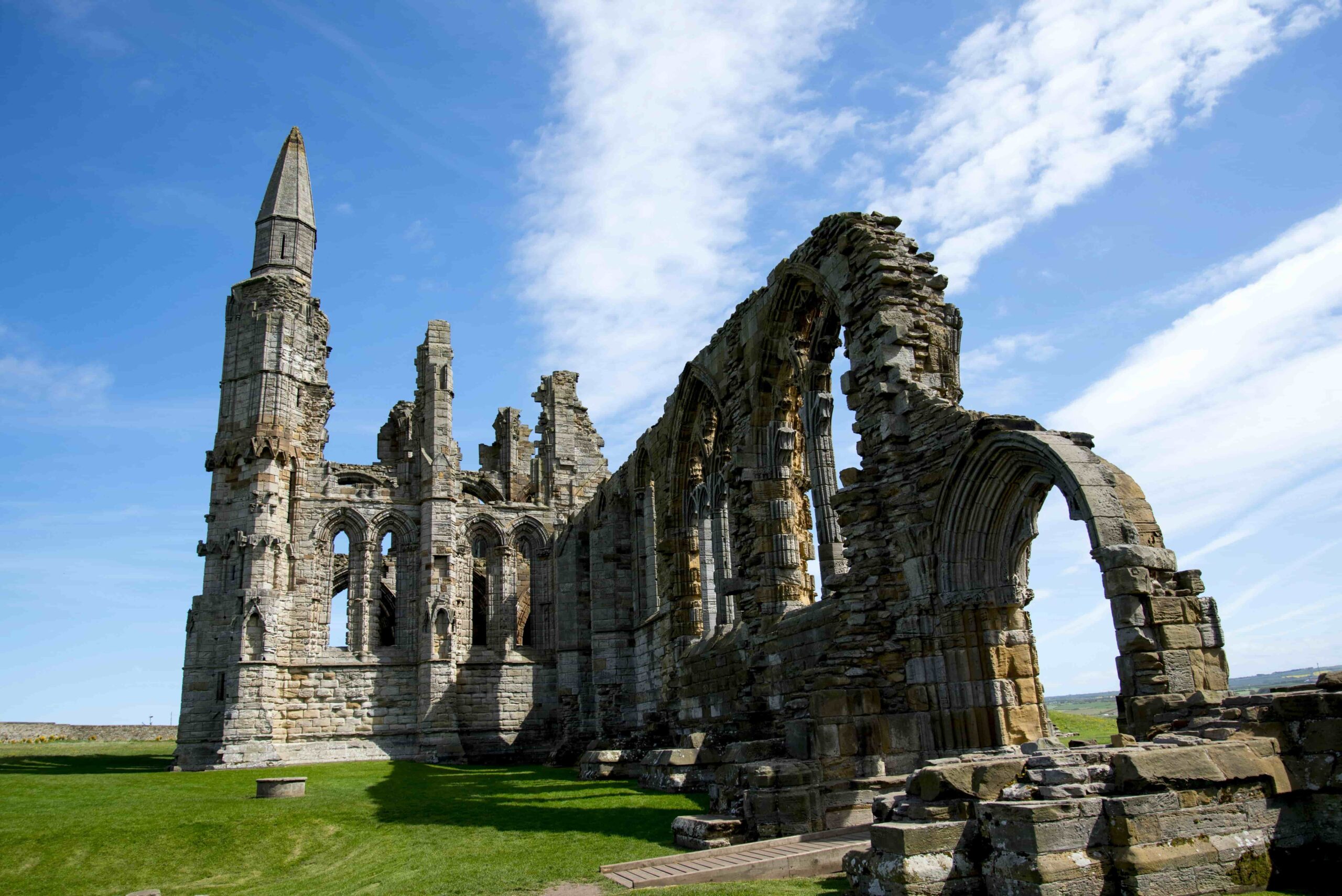The United Kingdom, with its rich tapestry of history, is a treasure trove of tales both celebrated and concealed. While some stories have been etched into the collective memory, there exists a realm of hidden history, forgotten narratives, and untold sagas waiting to be unveiled.

The history of the United Kingdom is a tapestry woven with countless stories, each thread contributing to the rich fabric of the nation’s past. While some tales have been celebrated and retold for generations, there exists a trove of hidden history, forgotten narratives, and untold stories waiting to be unearthed
In this journey, we embark on a quest to unearth the buried gems and shed light on the lesser-known chapters of the UK’s past.
The Lost Kingdom of Lyonesse:
Off the coast of Cornwall lies the fabled land of Lyonesse, a kingdom shrouded in mystery and myth. According to legend, Lyonesse was a prosperous realm engulfed by the sea in a cataclysmic event, leaving behind only whispers of its existence. While historians debate the truth behind the legend, tantalizing clues emerge from local folklore and ancient manuscripts, hinting at a lost civilization waiting to be discovered beneath the waves.
The Rebellion of Owain Glyndŵr:
In the early 15th century, Wales was aflame with rebellion as Owain Glyndŵr rose up against English rule in a bid for Welsh independence. Leading a fierce resistance, Glyndŵr defied the odds and united disparate factions in a quest to reclaim his homeland. Though ultimately unsuccessful, his rebellion left an indelible mark on Welsh history, inspiring future generations in their pursuit of autonomy and identity.
The Siege of Carrickfergus:
Amidst the tumult of the Williamite War in Ireland, the Siege of Carrickfergus stands as a forgotten chapter in the struggle for supremacy. In 1689, the town of Carrickfergus in Northern Ireland became a battleground as Jacobite forces besieged the English garrison in a bid to secure control of Ulster. Despite its significance, the siege has faded from memory, overshadowed by larger conflicts of the era, yet it remains a testament to the complexities of Ireland’s tumultuous past.
The Gypsy Lore Society:
Amidst the Victorian fascination with the exotic and the esoteric, the Gypsy Lore Society emerged as a beacon of scholarship and advocacy. Founded in 1888 by British scholars and enthusiasts, the society sought to preserve and promote the rich cultural heritage of the Romani people. Through publications, conferences, and fieldwork, the society unearthed the hidden stories and traditions of the Romani diaspora, shedding light on a marginalized community and challenging prevailing stereotypes.
The Battle of Sedgemoor:
Often overshadowed by the more famous battles of the English Civil War, the Battle of Sedgemoor in 1685 marked the culmination of the Monmouth Rebellion – a failed attempt to overthrow King James II. Fought on the marshes of Somerset, the battle ended in defeat for the rebels, leading to a brutal crackdown and the suppression of dissent. Though largely forgotten, the legacy of Sedgemoor endures as a cautionary tale of rebellion and its consequences.
Cod Wars:
In the frigid waters of the North Atlantic, a series of little-known conflicts erupted between Britain and Iceland over fishing rights in the 20th century. Dubbed the “Cod Wars,” these confrontations saw British trawlers pitted against Icelandic coast guard vessels in a struggle for control of lucrative fishing grounds. Despite their seemingly mundane subject matter, the Cod Wars had far-reaching implications for both countries, shaping maritime law and diplomatic relations in the modern era.
The Lost Kingdom of Dunwich:
Nestled along the Suffolk coast, the once-prosperous port of Dunwich was a bustling hub of trade and commerce during medieval times. However, a series of devastating storms and coastal erosion in the 13th and 14th centuries led to its gradual decline and eventual submersion beneath the waves. Today, Dunwich is but a shadow of its former self, with only a handful of buildings remaining as a haunting reminder of its once-vibrant past.
The Battle of Largs:
While the Battle of Hastings is etched into the annals of British history, another significant conflict often overlooked is the Battle of Largs. Fought on the west coast of Scotland in 1263, this clash between the Scottish and Norwegian forces played a pivotal role in shaping the future of Scotland’s relationship with its Nordic neighbors. Though inconclusive, the Battle of Largs marked the beginning of the end of Norwegian influence in Scotland and paved the way for the country’s eventual independence.
The Biddenden Maids:
In the village of Biddenden in Kent, a peculiar tradition dating back to the 12th century revolves around the legend of the Biddenden Maids. According to local folklore, Eliza and Mary Chulkhurst, conjoined twins born in 1100, left behind a curious bequest upon their death. In their will, they instructed that a loaf of bread and a pint of beer be distributed annually to the poor on Easter Sunday, a tradition that continues to this day, perpetuating the enduring legacy of the Biddenden Maids.
The Witches of Pendle Hill:
The early 17th century saw England gripped by hysteria surrounding witchcraft, and nowhere was this more evident than in the case of the Pendle witches. In 1612, twelve individuals from the Pendle Hill area in Lancashire were accused of witchcraft and stood trial at Lancaster Castle. Ten of the accused were found guilty and subsequently executed, leaving a dark stain on the history of the region. The Pendle witches serve as a poignant reminder of the dangers of superstition and persecution in the past.
The Great Frost Fair of 1814:
In the midst of a particularly harsh winter, the River Thames froze over in 1814, giving rise to one of the most extraordinary events in London’s history – the Great Frost Fair. For four days, the frozen river became a bustling marketplace, complete with stalls, games, and entertainment. From ice skating to horse racing, the fair was a testament to the resilience and ingenuity of Londoners in the face of adversity, leaving a lasting impression on the collective memory of the city.
The Mystery of the Mary Celeste:
While not strictly a tale from British shores, the enigma of the Mary Celeste has captivated imaginations for over a century. In 1872, the merchant ship was discovered adrift in the Atlantic Ocean, its crew missing without a trace. Despite extensive investigation, the fate of the crew remains a mystery to this day, fueling speculation and conspiracy theories. Though not directly linked to the UK, the story of the Mary Celeste is a testament to the enduring allure of maritime mysteries.
Conclusion:

The history of the United Kingdom is a tapestry woven with countless stories, both celebrated and forgotten. From the lost kingdom of Dunwich to the mysterious fate of the Mary Celeste, these tales offer a glimpse into the diverse and often surprising past of the nation. By unearthing these hidden histories and untold stories, we gain a deeper appreciation for the complexities and contradictions that have shaped the UK into the country it is today. As custodians of this heritage, it is our responsibility to ensure that these forgotten tales are not consigned to obscurity, but rather celebrated and preserved for future generations to discover and explore. As we peel back the layers of time, we uncover a tapestry of hidden history and forgotten tales that illuminate the diverse and complex tapestry of the United Kingdom’s past. From the lost kingdom of Lyonesse to the Cod Wars of the 20th century, each story offers a glimpse into the triumphs, tragedies, and transformations that have shaped the nation. By honoring these forgotten chronicles and untold narratives, we enrich our understanding of the past and ensure that the voices of those who came before us are not lost to the sands of time.




